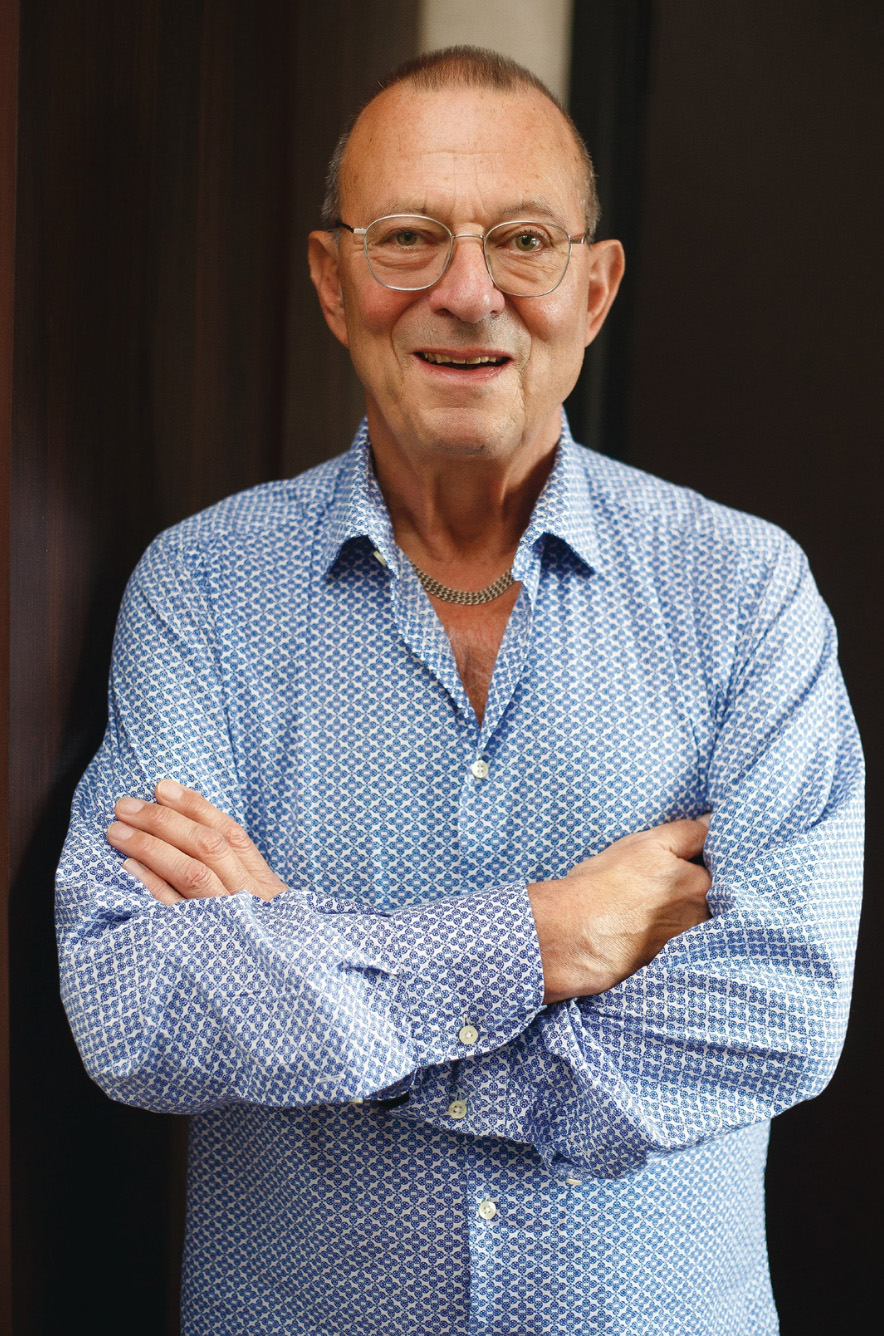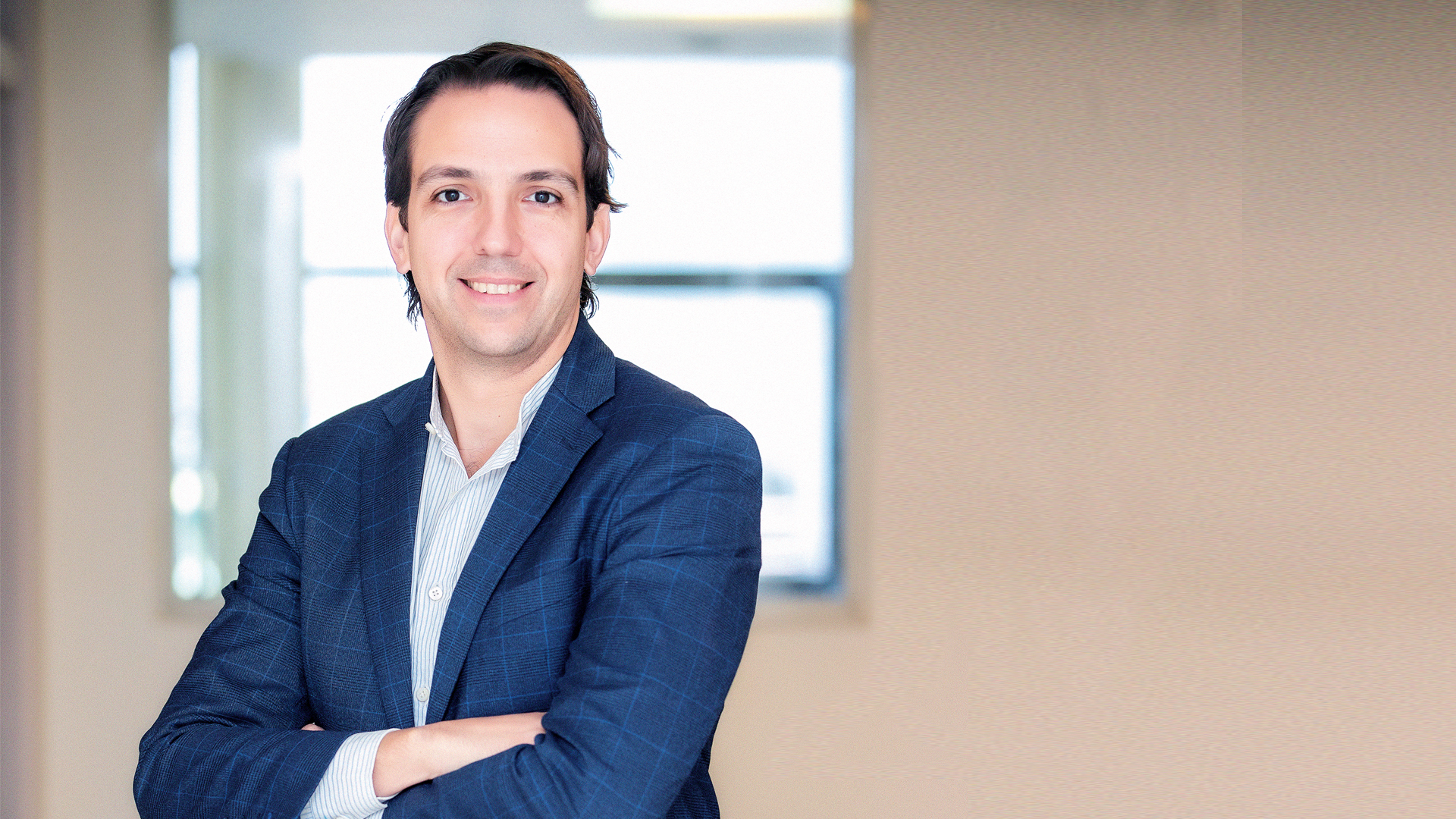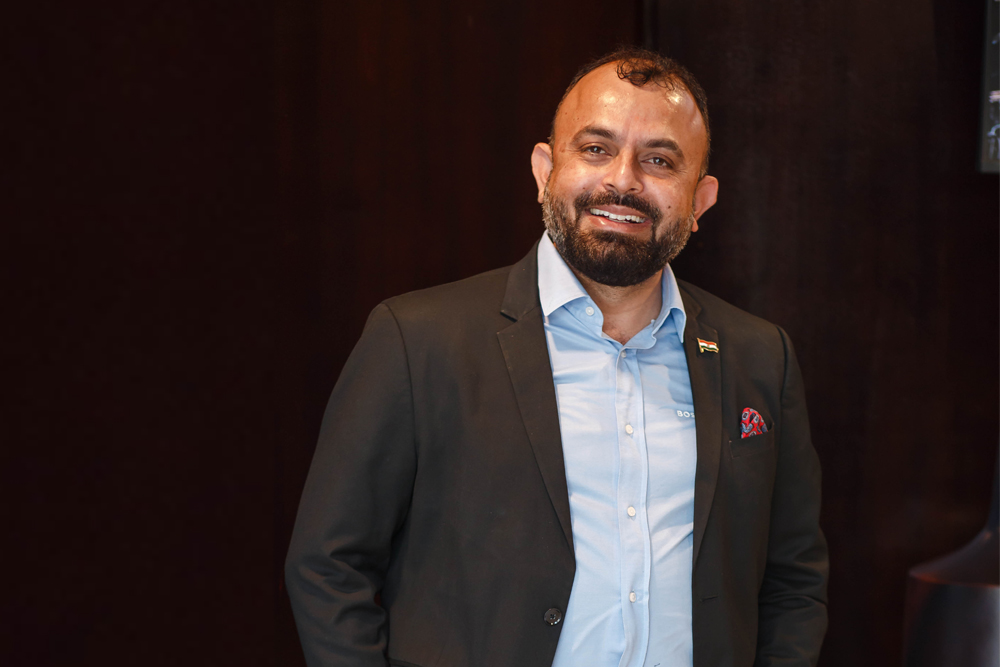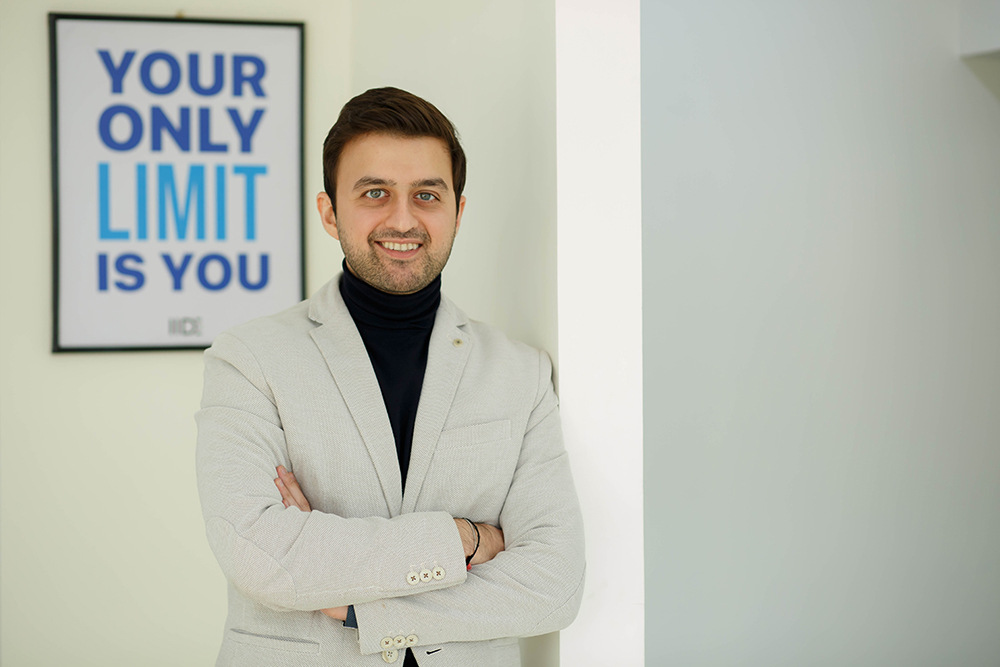
Michael Levisson
PUM Expert
Michael Levisson is from Amsterdam, Holland and has had an illustrious career in marketing, marketing communications and product development over four decades. He was also affiliated with Media College Amsterdam as a tutor and coach teaching marketing and concept development to students. In the past five years, he has been travelling the world to helping smaller companies in developing countries gain from his professional insight and expertise.
Levisson was in Nepal in September at the invitation of Media 9 as a PUM Expert. PUM Netherlands senior experts is a volunteer organisation committed to the sustainable development of small and medium-size enterprises in developing countries and emerging markets. They offer practical expertise within the most important sectors of the economy, giving primary attention to producers and consumers. PUM works with 2000 senior experts who share their knowledge on a one-on-one basis, either through short-term and repetitive advisory missions at the work floor, or through online coaching activities. PUM strategy involves a programme-based working method in order to realise more impact.
Excerpts of a conversation with Levisson:
Could you tell us about your affiliation with PUM?
The foundation is called PUM Netherlands Senior Experts and it was founded 40 years ago by the Dutch Employers’ Union when the government decided it is better to send knowledge to countries instead of money, the two joined forces. So now PUM is partly financed by the government. So people who travel, like me, they don’t get paid, but the airfare and all the expenses around it is paid by the foundation.
Does PUM have a certain profile of senior experts or can anyone enlist?
They do all kinds of industries like tourism and hospitality, trade, textile, agriculture, technology, electronics, and have a rich inventory of senior experts.
Why did you enlist with PUM?
I heard about it just when I was retired. And I thought that it was such a brilliant idea, I thought that it’s the right way to share knowledge and help other people develop.
You have rich experience working in the branding and marketing sector; what do you consider is the importance of branding and marketing in today’s world?
Well what is most important when we talk about marketing is “What you want your brand to be?” and to understand what your brand could be, you have to start thinking very closely about your target group. To understand your target group is the most difficult part because a product or a brand can only become successful when they are relevant and honest to the target group. A brand has to be very clear about the kind of feeling it generates on people, or the kind of satisfaction people get, or the kind of health benefits consumers receive as a result of buying the product. Nothing else but just one thing. But it has to be true. So you have to be able to prove that by product benefits and if you can’t do that, then your promise as a brand is wrong.
Is there such a thing as underselling or overselling when it comes to promotion?
Overselling is by shouting ‘I am very good.’ And people and advertisers shout ‘We are the best’. Who decides who is the best is not you; that is the consumers. If you are really better, say ‘I am better’, then you can prove it. Don’t say, ‘the best’ because that is for others to decide.
And underselling is having too low price or when you sell too cheap. If you are really good, you can ask a price because when you are good but cheap, people don’t believe that you are even good. They say ‘how can something good can be so cheap?’ It’s very strange but that is how people act.
In today’s world, is it all about who promotes better or more?
That is very difficult to say. There are a lot of advertisers who are so rich that they advertise so much that others don’t get a chance. But what you see is the newcomers and small companies can be very clever on the internet that with little money they can still become big. While the other big ones, they squash the smaller ones because they have so much money.
What sells: logic or emotion?
Emotion is very important. But it depends on what kind of brand you are. If you take, say Nike shoes, that is only emotion. But emotion is very clear. ‘We stand for being supportive and active’ - that’s the feeling. So if I wear Nike, I am looking after myself well. Of course, sometimes they say something about quality but mostly they don’t. It’s mostly emotion.
Now, about reason, well, you see very often in high profile, expensive things like say you need a new kitchen, then you have to think: What does it have to contain? Can I afford it? Do I need a dishwasher? Before you do that, you think far more than before you buy a pair of shoes.
You have been in the advertising for more than 40 years, how has the landscape changed over the years?
The media landscape has changed because there is the internet; especially in Europe you see television losing out to the internet. There is less and less TV advertising. And in the States also, I think. But creating advertising still has the same kind of thinking. Because first, you have to have a good concept, then you have to have very good execution. It’s always been like that. Only now, you don’t execute for billboards or something like that but for small films on YouTube. But still, it has to look right. So, creativity is the same, the mediums are different.
What do you think ads should communicate? Does the modality of communication have to differ or be adapted for different target segments?
What ads should communicate is different per ad because as an advertiser you set objectives ‘what do I want to achieve by the advertising’ so you cannot generalise. It has to be different with different target groups. Because people change. So even for a very big, standard brand, every one or two years, you have to sit down and think very carefully ‘how does my target group think?’ because sometimes their opinions change, so then you have to change your advertising.
Have you done that with any of the brands you have worked with?
Yes, I have experienced that for big brands of Unilever that after a while became a bit old-fashioned and needed to be made modern again. And it can be very difficult because good brands have a certain feeling. For instance, I was working for Margarine brand which is a family brand. Mothers buy it because it is good for the kids. And they used the kind of advertising which became a bit outdated so we had to renew that without losing the feeling ‘you are a good mother when you buy that’. And what was actually clever on Unilever’s part was that they decided not to advertise on television for some years. And they only advertised in magazines in double pages. So we made beautiful photos and did not even use text. The ads featured healthy young kids in a modern way. But after sometime the brand went back to TV.
Have you ever experienced friction with the advertiser in the course of ad making?
Oh yes, big fights! That happens sometimes. But then, when you have a good working relationship with the client, you have a strong creative team and the account director is there for you, things don’t normally escalate.
It all depends on how well you can communicate together and if you can solve an issue. But sometimes, the issue does not get solved. For instance, when you work at a big agency, then the other team can poach the client because it does not work out with you.
What are the factors that help enhance a company’s brand value?
That’s a very difficult question. But I would say: Be open; don’t always follow your own opinions; listen very well to what the market tells you; see what others do; be honest. And when you feel ‘we are doing something wrong’, don’t put that under the carpet. Pride can work against you.
Is there a commercial which you created that has stayed with you?
One that never went on air and which was never produced. That was for Colgate Palmolive, years ago. Palmolive, the shampoo in our part of the world, is high quality for low price. So they don’t advertise. And then we were asked to make a TV commercial for Europe. We were thinking ‘now what does washing your hair mean?’ When you hear people, when they have just washed their hair, they say ‘I feel better’. Now what does that mean? And how can you present a general feeling of washing hair. So we thought Palmolive is cheap and good, so we have to give a general feeling and we thought of a commercial in British style with girls in a boarding school. These girls get woken up very early in the morning by a very terrible woman and they are set into the showers and they wash their hair and then they climb off the walls and escape to freedom. And we had a beautiful piece of music made over that with lyrics. And that was the period when Michael Jackson had released ‘Billie Jean’ and the director of that clip of ‘Billie Jean’ he was going to film our commercial. But the company said “We are afraid, we are not going to do it”.



.jpg)


